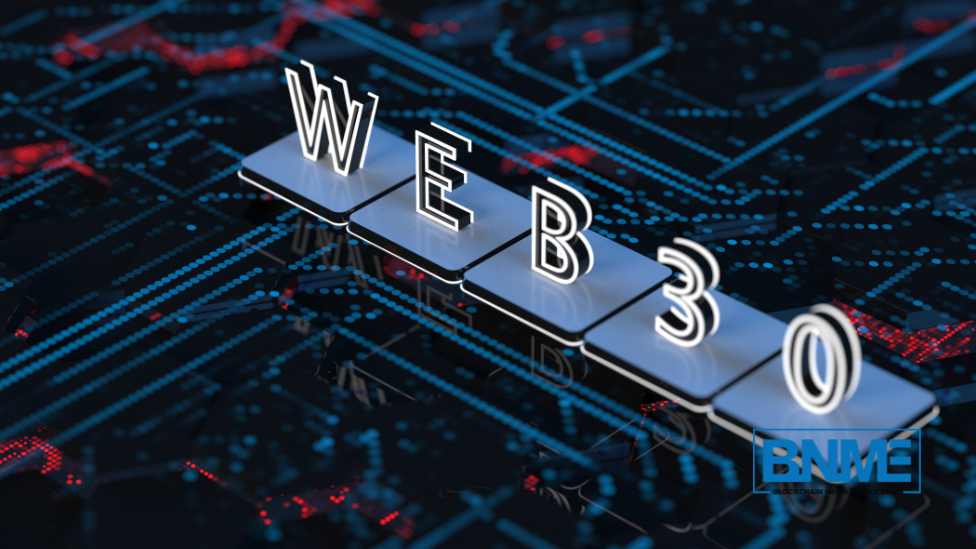The goal of Web3, also known as Web 3.0, is to build a semantic and decentralized web using the next generation of internet technology. In this regard, specific programming languages are needed for creating decentralized applications (dApps) and smart contracts, which are common components of Web3 application development. Below are some of the top web3 programming languages to look out for in 2024.
2024’s Top 7 Web3 Programming Languages
Solidity
Solidity is a high-level, contract-oriented, statically typed programming language developed for smart contract implementation. It is mostly used on the Ethereum Virtual Machine (EVM). Also, because of its influences from C++, Python, and JavaScript, Solidity is familiar to developers with a variety of backgrounds.
Vyper
Vyper is a Python programming language with a focus on contracts designed for the Ethereum Virtual Machine (EVM). It was developed as a safe and readable substitute for Solidity for creating EVM smart contracts. Though written in a more contemporary style, Vyper is similar to Solidity. For developers, it’s the second most popular contract programming language option.
Rust
Rust, known for its effectiveness and security, is playing an increasingly significant role in the blockchain industry. Its ability to build secure and stable systems makes it the language of choice for Web3 applications.
Java Script
JavaScript, an integral component for web programming, has a great impact on Web3. This influence is especially noticeable in server-side execution, which is made possible by frameworks such as Node.js. Notably, Node.js not only allows for server-side functionality but also actively promotes and supports the creation of decentralized apps.
Go(Glang)
Go is a suitable option for blockchain development because of its simplicity and efficiency. Its concurrent programming characteristics make it one of the best choice for decentralized apps.
Web Assembly
Web Assembly (Wasm) removes language boundaries and allows programmers to use languages such as C++, Rust, and others. Its near-native performance transforms the way blockchain apps are built.
Rholang
Rholang is another great web3 programming language. It is unique because it prioritizes concurrent and decentralized computation and was designed for the RChain network. It enhances the creation of smart contracts with formal verification.
Cairo
Cairo is an advanced Turing-complete programming language for smart contracts created especially for StarkNet. It makes it possible for smart contracts to seamlessly integrate Zero-Knowledge (ZK) technologies. In addition, Cairo gives developers the ability to fully use STARKs.
Huff
Huff is an assembly-level programming language that allows developers to interact with the EVM programming stack manually. The Aztec Protocol created Huff to support an on-chain Ethereum software that required incredibly efficient code. Unlike other languages, Huff doesn’t hide the EVM’s underlying workings. Instead, it exposes its programming stack for manual manipulation by the developer.
Elixir
Elixir, which is well-known for being fault-tolerant and scalable, is making waves in the Web3 development community.
Takeaways
As the Web3 horizon keeps evolving, these programming languages will serve as the foundation for decentralized technology. Whether you are developing smart contracts, DApps, or blockchain solutions, the language you use will have a significant impact on the decentralized world in 2024 and beyond.




























